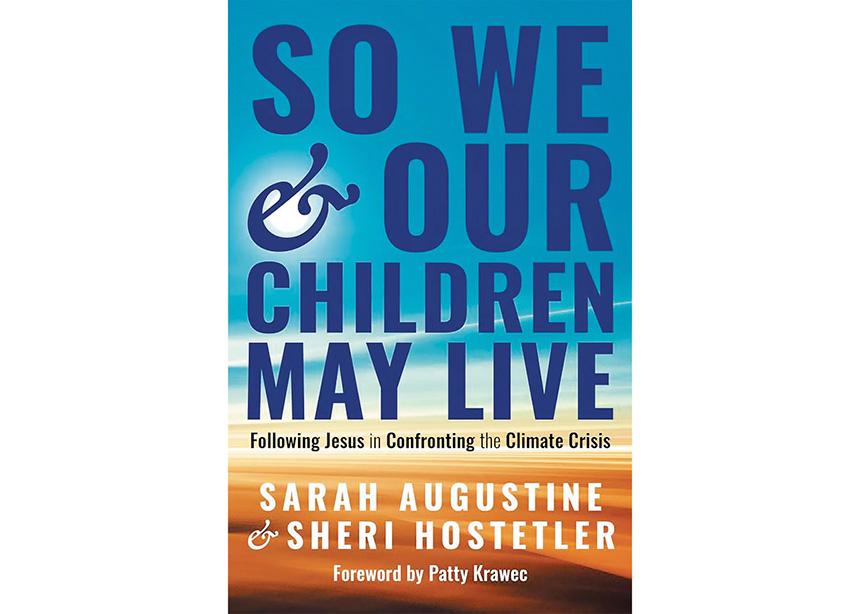Green growth, or green capitalism, is hailed as a novel, inventive solution to the climate crisis. But green growth assumes business as usual—a continuation of our current system based on continuous economic growth—except replacing fossil fuels with renewable energy. We fear that green growth will also mean business as usual and continued enclosure, exploitation, imperialism and colonization.
Solar panels, batteries, electric cars and wind turbines require enormous amounts of minerals and metals. Manufacturing electric vehicles requires six times more minerals than cars with combustion engines. A 2022 International Energy Agency report said that to get to net zero emissions globally by 2050, we will need to find and extract six times more minerals by 2040 than we do today. Some figures put the total much higher.
In addition to increasing extraction exponentially, we need to do this as quickly as possible. What environmental and human rights safeguards will be scrapped in the rush to meet this ambitious timeline?
Already, economic development projects rarely obtain the free, prior, and informed consent of Indigenous Peoples, a right required under the UN Declaration on the Rights of Indigenous Peoples. This is a huge concern: over half of the world’s energy transition minerals are located on or near land where Indigenous people live. Eighty-five percent of the world’s lithium, a key mineral for green growth technologies, is found on or near Indigenous lands.
If history is a guide and industry giants are successful, transition minerals will come from places like Chi’chil Biłdagoteel. They will come from places like the Atacama Desert in northern Chile, the world’s oldest desert, a place of exceptional biodiversity, and home to Indigenous communities that have lived there for millennia—and also home to vast amounts of lithium and copper. They will come from Colombia, which hopes to become a primary global supplier of copper. Violence remains tied to capitalism. In 2020, Colombia had the world’s highest murder rate of land and environmental defenders, many of whom were Indigenous people.
In all these places and many more, business as usual means that lands and homes will be appropriated from Indigenous and other marginalized communities, people will lose access to their lifeways, food and water sources, and the people resisting this enclosure and economic imperialism will be the targets of extrajudicial killings. For these reasons, ecological economist William Rees claims that if you factor in all the problems involved in mining, refining, and manufacturing minerals for an average, large electric vehicle, electric vehicles are a worse option, both ecologically and ethically, than combustion engine cars.
Already, global elites are racing for the newest versions of nutmeg, mace and cloves. Billionaires like Jeff Bezos and Bill Gates have invested millions of dollars into KoBold Metals, which is scouring the globe for lithium, copper, nickel and cobalt. In 2022, the Washington Post ran an editorial opposing Chile’s new progressive constitution because it would make it more difficult for the United States to source cheap lithium from Chile. Elon Musk, CEO of Tesla and X (formerly Twitter), stands to make huge profits from the green energy transition. Like the Dutch governor-general of the seventeenth century, Musk explicitly links green energy mineral extraction to imperialism. In a now-deleted tweet about access to Bolivian lithium, he said, “We will coup whoever we want! Deal with it.”
Like the proposed copper mine at Chi’chil Biłdagoteel, many mines will ruin land, water, wildlife, and people. A coalition of Native Americans, environmentalists, and ranchers is opposing a project to mine lithium in rural Nevada (which would be the largest in the United States) because it will use billions of gallons of precious groundwater, potentially contaminating some of it for three hundred years and leaving behind vast amounts of waste. Mining requires enormous amounts of water; for instance, a ton of mined lithium requires almost 500,000 gallons of water. Water extracted for mining draws down the water table and limits farmers’ ability to irrigate fields. Mining also produces enormous amounts of toxic waste: leaks from mines have poisoned rivers and other waters, sometimes killing off whole freshwater ecosystems. As we have described earlier, current mining practices require sacrifice zones, places that can be devastated by the ecological impacts of the mining, and people and wildlife deemed “sacrifice-able.” In short: colonies.
We do need to transition to renewable energies and end the use of fossil fuels. But this transition must happen while honoring the self-determination and human rights of Indigenous Peoples and other communities. Many “green new deals” proposed by Indigenous and Global South communities meld the goals of an energy transition with ecological and social justice. None of these alternative Green New Deals, however, purport that we can reach these goals and maintain the goal of continual economic growth. Doing so will likely re-create a brutal history, even as we say we want to do justice and right our past wrongs.
The spirit of life became flesh
After he was baptized, Jesus was filled with the Holy Spirit and led into the wilderness. Luke 4:2 says he was tempted for forty days. He lived in a state of prayer and fasting for forty days and nights.
The tempter offered him three things: food, sustenance and fulfilment of his immediate needs and desires, when he was offered bread from the stones (Luke 4:3); power, privilege and opulence, when he was offered the authority and splendor of all the kingdoms (Luke 4:6-7); and legitimacy and relevance, when he was taunted to prove who he said he was (Luke 4:9-11).
I (Sarah) think that the church may be in the wilderness now, enduring temptation. We comfort ourselves by saying that we deserve the things that are offered to us.
We want to protect and comfort our bodies by storing up our wealth and attempting to ensure our security. We tell ourselves this is responsible and sensible. We want power and luxury, and we tell ourselves we should have these things because we are good and responsible—we are the best ones to wield such things so that we can use them for good.
We want legitimacy; we want to be relevant. We believe that what we say and think matters, and we can prove it by befriending the powerful, growing our own power by filling stadiums with the faithful, building important institutions, and collectively owning wealth and property. (The church owns more property than any other private entity on earth.)
I believe that Jesus, being human, wanted these things too. He knew hunger. He had an ego, like we all do. He felt humiliated sometimes and wanted to prove what he could do. But he showed us it is possible to turn away from these temptations.
From my point of view, a central misunderstanding of Jesus’ ministry is expressed in our denial that he was like us. We set him apart; we attribute his actions to his perfect nature. We tell ourselves that while he is the perfect example, we can’t approximate his vision; only God is perfect and capable of carrying out what Jesus did in his ministry.
But I want to challenge that notion. God became flesh to be with us. Jesus was a man, in the flesh. He felt fear and doubt, exhaustion and disappointment, just like we do. But he pursued his mandate every single day of his ministry. He demonstrated that we can do the same. The voice of God made flesh—that Glory on the mountaintop, providing commandments from on high, that tongue of fire leading through the wilderness—now embodied in one of us. How can we dismiss the example of a mortal man? The Spirit of life made flesh: vulnerable, finite. A person who risked all to show us, tangibly, how to live.
After he was tempted, Jesus immediately went back to Nazareth and began his ministry (see Luke 4:14–21). He began by stating his mandate, from the prophet Isaiah, which he called “good news for the poor”: release for prisoners, recovery of sight for the blind, freedom for the oppressed, and the year of our Lord’s favor, or the year of Jubilee.
Jesus showed us with his life how to face temptation, how to turn away from what we think we need, what we covet or desire, what we believe we deserve. He walked away from all those things in favor of freedom for the oppressed. He announced, “Today this scripture is fulfilled in your hearing.”
It is time for us to claim this same authority with our lives. We can choose to endure and exit the wilderness with our integrity intact. We can choose to speak, as he did, with authority. Can you say that with me, out loud? Today this scripture is fulfilled in our hearing.
Excerpted and adapted from So We and Our Children May Live: Following Jesus in Confronting the Climate Crisis by Sarah Augustine and Sheri Hostetler (Herald Press, 2023). All rights reserved. Used with permission.






Add new comment
Canadian Mennonite invites comments and encourages constructive discussion about our content. Actual full names (first and last) are required. Comments are moderated and may be edited. They will not appear online until approved and will be posted during business hours. Some comments may be reproduced in print.